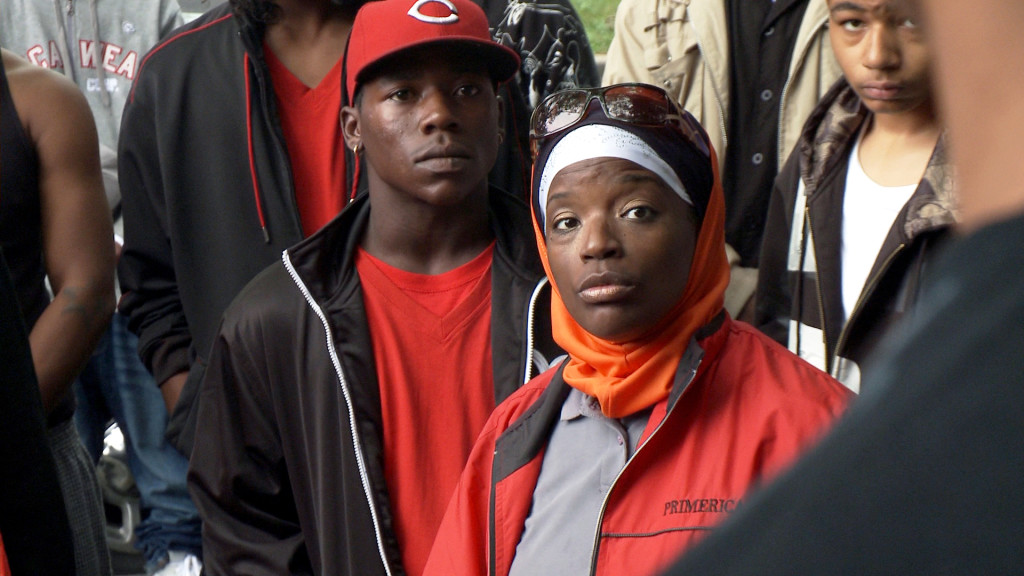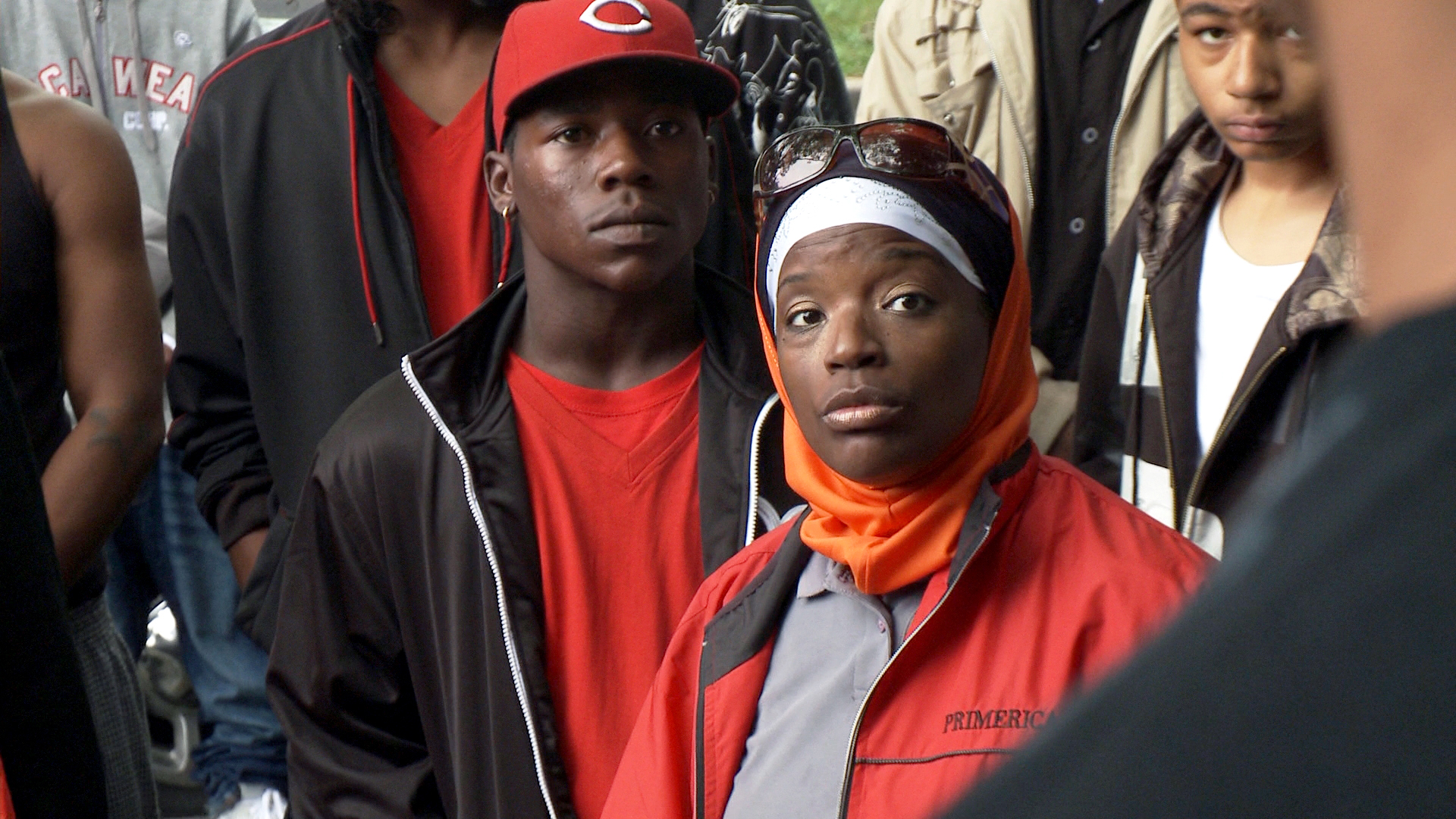One Violence “Interrupter’s” Advice for President Obama

December 20, 2012
Share
When he announced a new commission to study gun violence on Wednesday, President Barack Obama linked the mass killings at Sandy Hook Elementary to the everyday violence in America’s inner cities.
“We may never know all the reasons why this tragedy happened,” he said. “We do know that every day since, more Americans have died of gun violence. …Violence that we cannot accept as routine.”
We asked someone who deals with that everyday violence what he would tell the commission.
Tio Hardiman is the director of CeaseFire Illinois, a group of former gang members who work the streets of Chicago to mediate conflicts and try to stop violence before it happens.
Recently, for example, Hardiman’s team got word that kids in one neighborhood were planning to bring guns to a school. They managed to reach the kids before they carried out their plan and convinced them to put down their weapons.
Can it work outside Chicago? Hardiman thinks so. Here’s what he told FRONTLINE about how he’d combat violence nationwide.
Recognize that mass shootings like the one at Sandy Hook are similar to everyday violence in places like Chicago.
“There’s really no difference,” Hardiman says. “Violence is learned behavior.”
It’s modeled behavior. Unlike guys on streets of Chicago dealing with it every day, [Adam Lanza was] dealing with it in his mind, and he acted out on it. … You can be Adam Lanza, or an African-American or Latino brother in the neighborhood, but if your thinking is twisted and you think violence is OK, there’s no difference at all.
Deploy trained, “credible” adults who can build relationships and trust with troubled young people.
In Chicago, Hardiman said one of the reasons why gang violence has increased is because cliques that have formed over the past 10 years have begun splintering. The perpetrators are typically young men, incensed over a slight on Facebook or determined to avenge a friend. There’s no one to tell them there are other, less violent ways to resolve their anger.
A lot of these guys are just living on the edge. They have nothing to look forward to tomorrow. So they’re willing to die today or kill today just to make a name for themselves. …
You’ve got a disenfranchised youth who feels anti-system… and they snap. That motive is the same. It’s consistent. We have to find a way to reverse that and really work with this type of people. Every city or town has people like that. Some just don’t always snap in the way that Adam did.
Hardiman says that to reverse those attitudes requires intensive community involvement by adults who get to know the young people who are most at-risk and build relationships with them. It takes, he says, “boots on the ground” who can try to identify smoldering tensions before they flare into violence.
Pass “sensible” gun laws.
For young people who can easily turn to violence, having firearms in easy reach can only escalate clashes. “There is no reason for people at home to have assault weapons,” Hardiman said. The guns in Chicago are widespread and easy to purchase legally at gun shows, for example, where buyers can avoid background checks.
You have automatic guns, we’ve had stories of people using Uzis, and .380s are one of the favorite guns that people use. The nine-millimeter, .38 revolvers, .22s, the list goes on and on. … We have to stop the illegal* flow of these guns coming into these communities. We have to tighten up.
*(Editor’s note: Due to an editing error, the quote originally said “legal flow of these guns.” Hardiman has clarified his comments to explain that his biggest concern is guns purchased legally, for example at gunshows, that are then illegally sold on the black market and used in violent crimes.)

Related Documentaries
Latest Documentaries
Related Stories
Related Stories
Explore
Policies
Teacher Center
Funding for FRONTLINE is provided through the support of PBS viewers and by the Corporation for Public Broadcasting, with major support from Ford Foundation. Additional funding is provided the Abrams Foundation, Park Foundation, John D. and Catherine T. MacArthur Foundation, Heising-Simons Foundation, and the FRONTLINE Trust, with major support from Jon and Jo Ann Hagler on behalf of the Jon L. Hagler Foundation, and additional support from Koo and Patricia Yuen. FRONTLINE is a registered trademark of WGBH Educational Foundation. Web Site Copyright ©1995-2025 WGBH Educational Foundation. PBS is a 501(c)(3) not-for-profit organization.





















